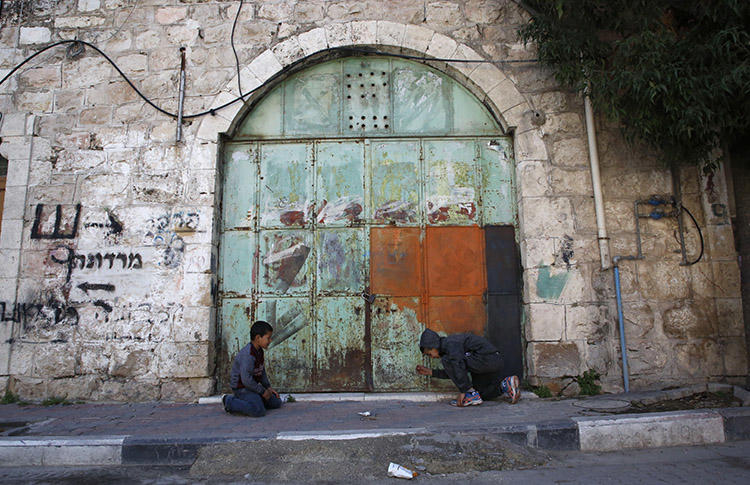Beirut, June 19, 2018–The Committee to Protect Journalists today called on Israeli authorities to release Palestinian freelance photojournalist Bilal Hamid al-Taweel or disclose charges against him. Israeli security forces arrested al-Taweel at his home in the southern West Bank city of Hebron on June 11, according to news reports and the regional press freedom group Skeyes Center for Media and Cultural Freedom.
The journalist’s brother, Shaaban al-Taweel, told Skeyes that soldiers broke into the family’s house at dawn, arrested al-Taweel, and seized his cell phone, laptop, and camera, without giving a reason.
Another of the photographer’s brothers, Hamdan al-Taweel, told CPJ the family has not been told the reason for his arrest, and that a hearing scheduled for June 14 in his case was postponed to June 20.
“Israeli security forces should immediately release Palestinian freelancer Bilal Hamid al-Taweel or explain why they arrested him,” said CPJ Middle East and North Africa Program Coordinator Sherif Mansour from Washington, D.C. “Authorities should return his confiscated equipment and stop interfering with journalists’ ability to do their work.”
The Israel Defense Forces did not immediately reply to CPJ’s email requesting comment.
According to the Palestinian prisoners’ support group Asra Media Office, al-Taweel is in Ofer prison, west of Ramallah.
Al-Taweel mainly publishes photos and video of protests and life under occupation to his social media accounts, including Facebook and Instagram, and his work is sometimes picked up by media outlets, including the Hamas-affiliated agencies Quds News Network and Shehab News Agency, and the Qatari broadcaster Al-Jazeera. Recent work included covering the protests in Hebron over the opening of the U.S. Embassy in Jerusalem in May, and photos and footage of Israeli checkpoints. The photographer is best known for a picture showing an attack on an Israeli soldier that was widely shared by news outlets in October 2015.
According to news reports, Israel is considering introducing a law to outlaw photographing or filming soldiers.
